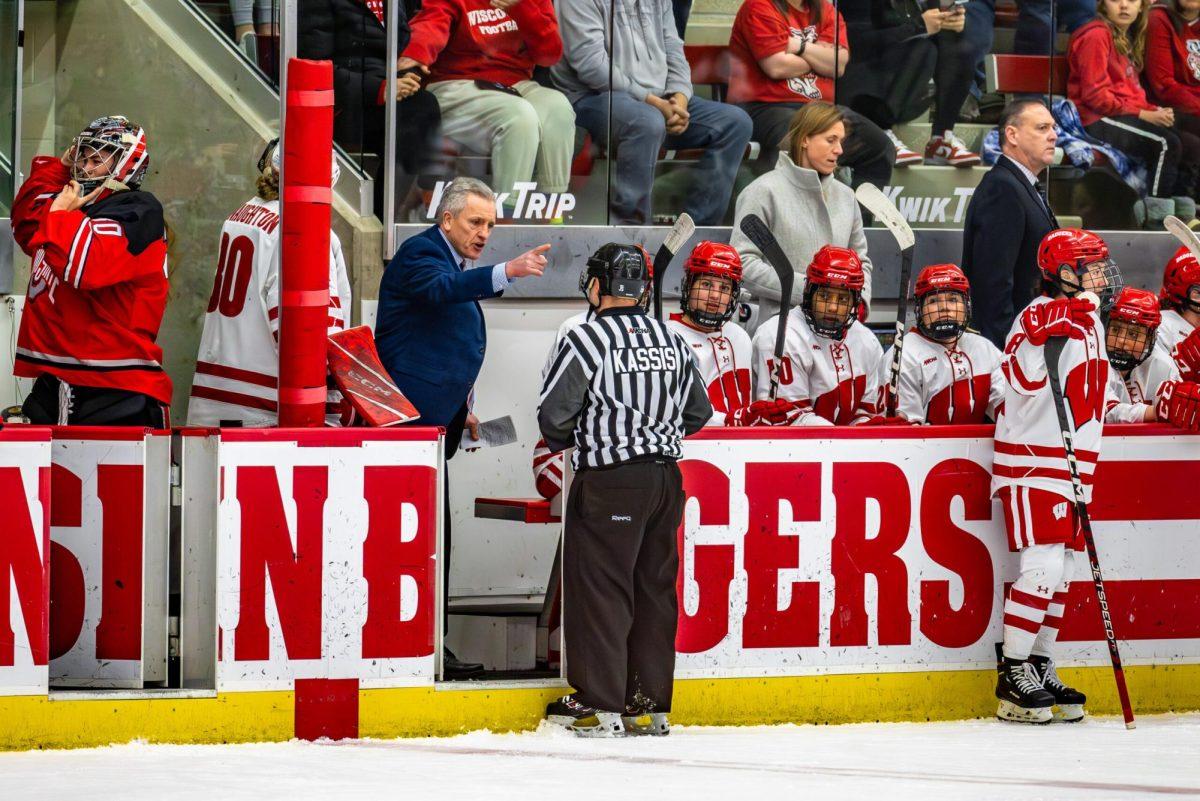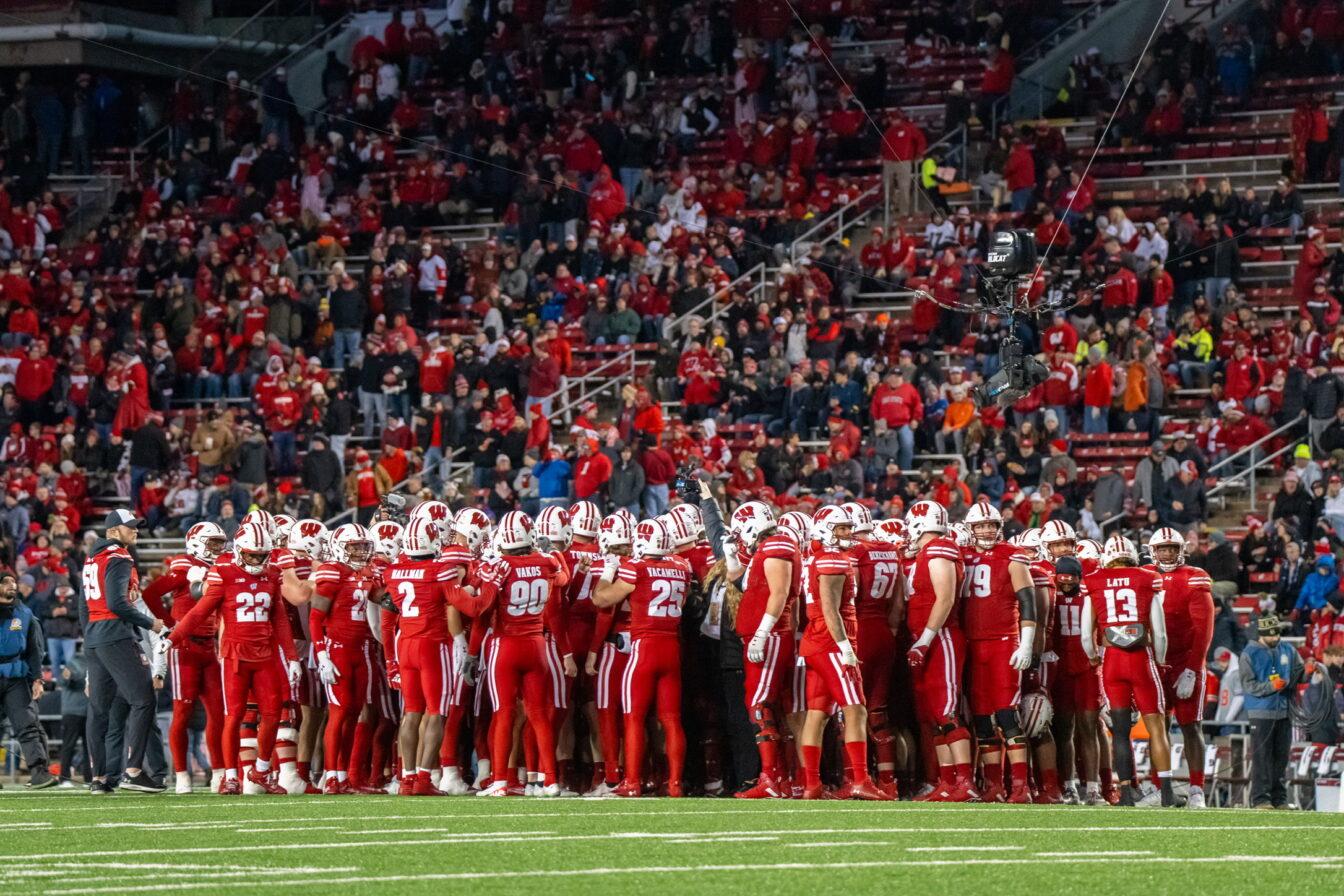For once, there is hope on the horizon for fans of the Milwaukee
Brewers. No, I’m not talking about a couple of early-season
victories against the St. Louis Cardinals. Those have been
enjoyable, especially when working with Cards fans who hang up when
called immediately after a Craig-Counsell-to-Lyle-Overbay putout to
end a game with the Brew Crew on top.
Rather, what I’m talking about is what is happening down on the
farm: the players who will be suiting up for Ned Yost’s club in
years to come.
Following the Brewers has not exactly been an always-enjoyable
struggle. While Yankee fans can watch George Steinbrenner’s money
in action, the Brewers have tried to solve their problems with the
Jeffrey Hammondses, Sean Berrys and Chuckie Carrs of the baseball
world.
Speaking of whom, for my money there has never been a better
baseball quote than “That’s not Chuckie’s game. Chuckie’s hackin’
on 2-0.” All that from a career .254 hitter. I digress ? back to
the lecture at hand, and that is the future is very bright for the
small band of supporters who have stuck by the Brewers and not
jumped on the Twins or Cubs bandwagon.
The Milwaukee Brewers now possess the best minor-league system
in baseball. Don’t take it from me, take it from Baseball America
(issue 0408, page 15); it knows a thing or two about minor
leaguers.
Help is on the way for long-suffering Brewer fans. At Triple-A
Indianapolis, the first wave of Milwaukee prospects are preparing
for the big time. Slick-fielding shortstop J.J. Hardy may be the
first to break into the bigs. Had Wisconsin native and high-priced
veteran Craig Counsell not been included in the Richie Sexson
trade, Hardy just might have been the Crew’s opening-day starter at
short.
Joining J.J. in the Indians lineup will be outfielders Dave
Krynzel and Corey Hart. Some people compare Krynzel to Steve
Finley, and Hart is looking to find a position. A Sexson clone at
6-foot-6, the former first baseman was given a look at third but
will move to a corner outfield spot so the Brewers can get his bat
in the lineup.
Left-hander Jorge de la Rosa — picked up in the Sexson deal —
and righty curveballer Ben Hendrickson could join Ben Sheets and
company this season.
The real crown jewels of the farm system, however, are down
South in Huntsville, Ala., at Double-A. First baseman Prince
Fielder, perhaps the best power hitter in the minor leagues (and
the reason Hart is moving to the outfield) and hitting machine
Rickie Weeks (NCAA record .473 career batting average) could be the
duo that leads Milwaukee from pretender to contender someday. Weeks
and Fielder both rank among Baseball America’s top 10 prospects,
and each is rated as the top prospect at his respective position.
Add centerfielder Anthony Gwynn (his dad was a pretty decent ball
player), and that is a trio to be excited about.
Fielder, Weeks and Gwynn are not alone in Huntsville, either.
Brad Nelson, last year’s No. 1 prospect, is looking to put a season
partially lost to a wrist injury behind him and make the adjustment
to the outfield. Nelson is a doubles machine that could very well
be Prince’s protection in the future Brewer lineup. Top pitching
prospect Mike Jones could be the staff’s future ace.
The point is, it’s a good time — or at least it will be in a
couple years — to be a Brewers fan.
For many years, that was not the case. In fact, for some time,
the Brewers farm system was the polar opposite of what it is today.
Instead of yielding top-tier prospects, the June draft produced
bust after bust. Since 1992, the only first-round selections to
contribute at the major-league level have been Jeff D’Amico, Sheets
and Geoff Jenkins, and for D’Amico his contributions were few and
far between thanks to a litany of arm problems.
Far more common have been first-round busts like Ken Felder,
Antone Williamson, Chad Green and Kyle Peterson, who is currently
working as a sideline reporter for ESPN baseball telecasts, not
leading the Milwaukee starting rotation.
Then there is the case of J.M. Gold. Viewed as a dominating
left-hander, Gold has never had the opportunity to show what he can
truly do as his path to the majors has been derailed time and time
again by injury.
Just take a look at some of the names on the Milwaukee
top-prospect list from the past decade: Tyrone Hill (not the
hideous power forward), Todd Dunn (not Adam), Valerio de los
Santos, Ron Belliard. Not exactly who dynasties are founded
upon.
Now they have the pieces to build in the mode of the Twins,
Angels and Marlins. Granted, not every prospect turns out, but no
team in baseball had more prospects among BA’s top 100 than
Milwaukee.
Although it will be Doug Melvin who reaps the rewards of the
Brewers minor-league system, much of the credit must go to former
GM Dean Taylor, who worked hard to rectify the wrongdoings of Sal
Bando.
Anything that this year’s club accomplishes is simply icing on
the cake. Sure, it would be nice if it hit .500, but what really
needs to be done is to instill the attitude that Yost and Melvin
brought to Milwaukee. His team may not be the most talented, but
Yost always gets the most out of his players, and they play the
game the right way. When Fielder, Weeks and Hardy hit the Brewers
clubhouse, the veterans need to show them how to conduct themselves
and what baseball is all about.
The time is approaching when the Brew Crew will cast aside the
role of Major League Baseball’s running joke and make some noise on
the field. And when that happens, all those bandwagon jumpers out
there can toss aside their Minnesota Twins hat, take off the
Chicago Cubs lid they bought last year and don the hat of “the team
they’ve always loved.”













